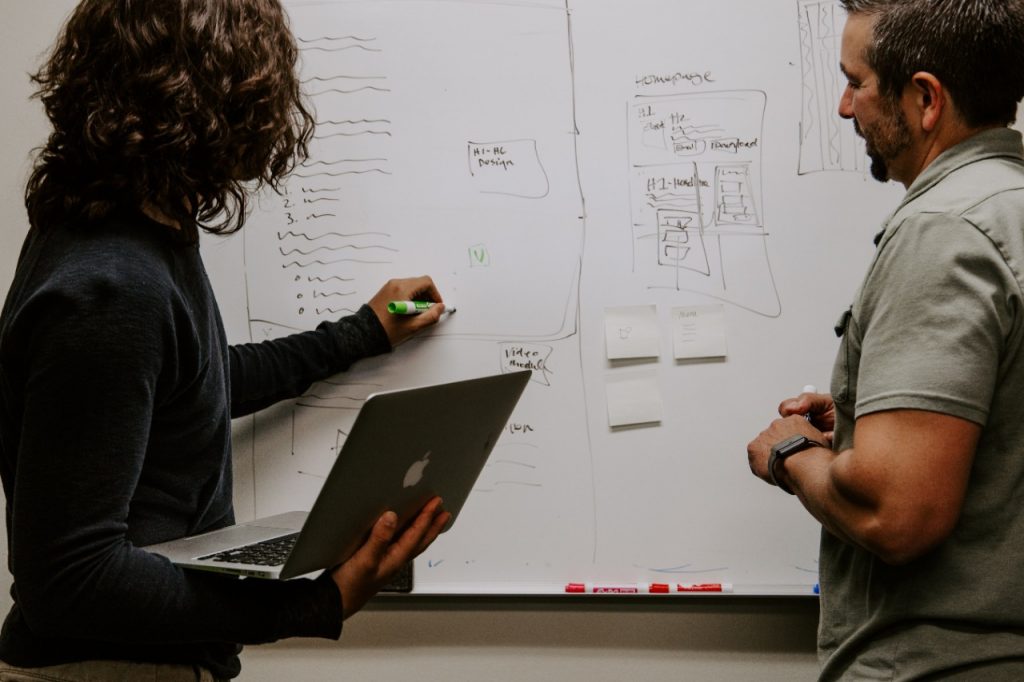Doing an online master’s programme from Robert Kennedy College transcends the traditional boundaries of education, offering not only academic growth but also a transformative experience that enriches one’s personality and life skills.
Beyond gaining expertise in a specialized field, students in our online programmes often experience profound personality development.
Here’s how the journey contributes to building resilience and adaptability to enhancing communication skills. The challenges and opportunities offered by our online learning environment contribute significantly to shaping well-rounded, capable individuals.

1. Fostering Self-Discipline and Time Management
RKC Online learning requires managing coursework alongside personal and professional responsibilities. This flexibility is a major advantage, but it requires a high level of self-discipline and effective time management.
The ability to prioritize tasks and meet deadlines helps develop a proactive and organized personality.
As we have no set class times, students must proactively schedule their study hours to meet deadlines. This environment fosters a disciplined approach to daily routines and long-term planning, which are crucial life skills.

2. Enhancing Communication Skills
Despite its remote nature, online programmes offered by Robert Kennedy College involve collaborative projects, virtual discussions which improve written and verbal communication.
In an increasingly digital world, the ability to communicate effectively across online platforms is crucial. Engaging with peers from different cultures enhances cross-cultural communication and adaptability that in turn nurtures strong communication and teamwork skills and enables our students to express their ideas clearly and collaborate efficiently in diverse teams.
3. Building Critical Thinking and Problem-Solving Skills
Robert Kennedy College offers advanced coursework. And that challenges students to think critically, analyze problems, and propose evidence-based solutions.
The research-intensive nature of our programmes nurtures analytical and independent thinking.

This emphasis on critical thinking goes beyond academic work; it shapes how students approach problems in their personal and professional lives, fostering a mindset that values analysis, creativity, and evidence-based decision-making.
The experience also fosters independence, as students learn to rely on themselves for motivation and problem-solving. This newfound confidence and self-reliance prepare them to face future challenges with assurance.
4. Encouraging Emotional Intelligence and Resilience
Pursuing our online master’s degree uniquely fosters emotional intelligence (EI) and resilience fosters empathy, cultural sensitivity, and emotional intelligence.
EI, the ability to understand, manage, and express emotions while fostering healthy relationships, is enhanced through online learning through Self-Awareness, Empathy through Diversity, Improved Communication and Relationship Management
5. Relationship-Building through Global Networking and Exposure
Contrary to the misconception that online learning is isolating, RKC programmes offer ample opportunities for networking. Through virtual meetups, group projects, students can form meaningful connections with peers, instructors, and industry professionals worldwide.

These relationships can lead to lifelong friendships, mentorships, and professional opportunities, enriching both personal and career development.
6. Boosting Confidence and Self-Efficacy
Completing an online master’s programme is no small feat. It requires dedication, perseverance, and hard work. Successfully navigating this journey instills a sense of accomplishment and boosts self-confidence. Having a clear plan for studying, assignments and breaks gives you a sense of control and boosts confidence. Acknowledging milestones such as completing a module or submitting an assignment reinforce positive momentum. Specialized knowledge enhances professional competence, empowering individuals to take on leadership roles by Engage Actively in Class
7. Encouraging Lifelong Learning and Curiosity
Our online master’s programme fosters a mindset of continuous growth and intellectual curiosity by encouraging the exploration of advanced topics, which stimulates a passion for deeper understanding.

Our online programmes are much more than an academic pursuit; it’s a journey of personal transformation. Through interdisciplinary learning, students at Robert Kennedy College are exposed to diverse ideas and perspectives, promoting innovative thinking and cross-domain exploration. The programme’s research-driven approach hones inquiry skills, inspiring a habit of seeking knowledge and staying informed. Additionally, engaging with evolving technologies and trends nurtures adaptability and a proactive, learning-oriented attitude. The self-directed nature of online education further instills a lifelong commitment to personal and professional development, making it a powerful tool for cultivating lifelong learning and curiosity.
If you want to do an online degree programme, explore several specialised master’s/bachelor’s/PhD degree programmesthat Robert Kennedy College offers through exclusive partnerships with top British universities. You could also chat live with our team of Education Advisers on WhatsApp, who can have a look at your profile and give you some advice.



